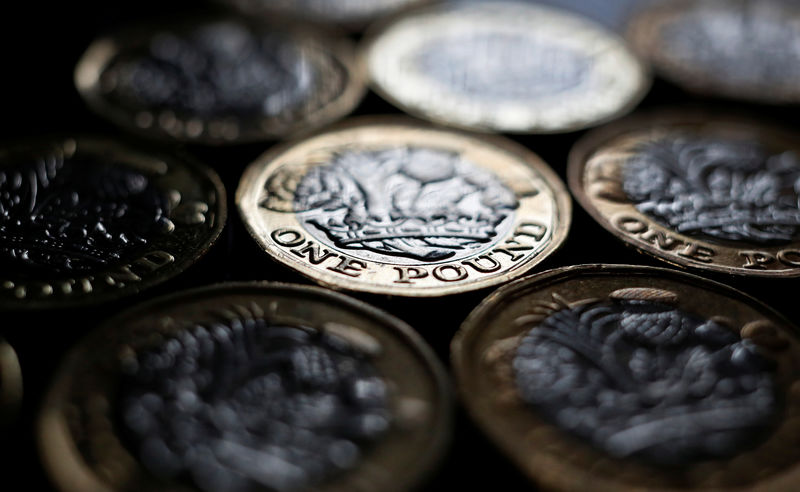Investing.com - The British pound fell to its lowest level since October 2016 on Tuesday amid uncertainty as investors waited to see whether lawmakers would be able to block Prime Minister Boris Johnson’s plans to pursue a no-deal Brexit.
Sterling was down 0.71% to 1.1979 by 03:25 AM ET (07:30 GMT), extending Monday's 0.85% fall.
Later Tuesday, lawmakers were to vote on a plan to seize control of the parliamentary agenda on Wednesday to try to pass legislation that would force Johnson to seek a three-month delay to Britain's EU exit.
Johnson has made it clear that if the government was defeated, it would hold a vote on Wednesday to approve an early election, most likely to be held on Oct. 14.
"Depending on further developments in UK politics, the pound could see sharp moves in the coming week or two. We think it could fall to as low as $1.13 this month," said Sumino Kamei, senior currency strategist at MUFG Bank.
The euro fell 0.2% to a near two-year low of 1.0942.
The euro has been pressured lower by expectations that the European Central Bank will cut interest rates further into negative territory next week with economic growth faltering amid a global trade war and Germany's manufacturing sector already in recession.
In the latest escalation of the trade war, the U.S. on Sunday began imposing 15% tariffs on a variety of Chinese goods, and China began imposing new duties on U.S. crude oil.
Although U.S. President Donald Trump has said both sides would still meet for talks later this month, tensions show little sign of abating.
The offshore Chinese yuan dropped to a record low of 7.1975 per dollar on Tuesday morning while the Australian dollar edged up 0.13% to 0.6719 after the Reserve Bank of Australia kept interest rates on hold overnight.
Still, the Aussie stayed within a stone's throw from a decade-low of $0.66775 hit last month.
--Reuters contributed to this report
